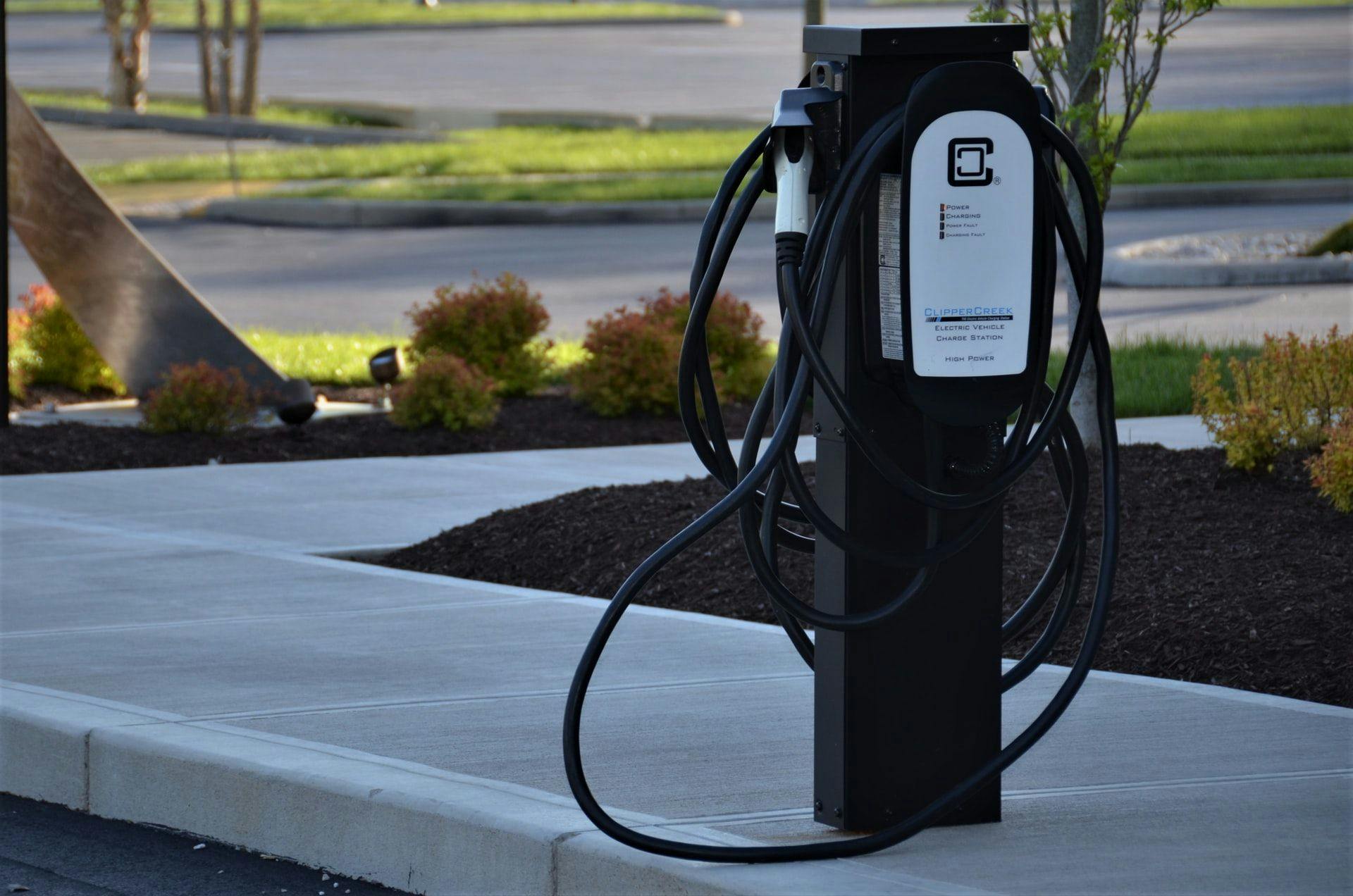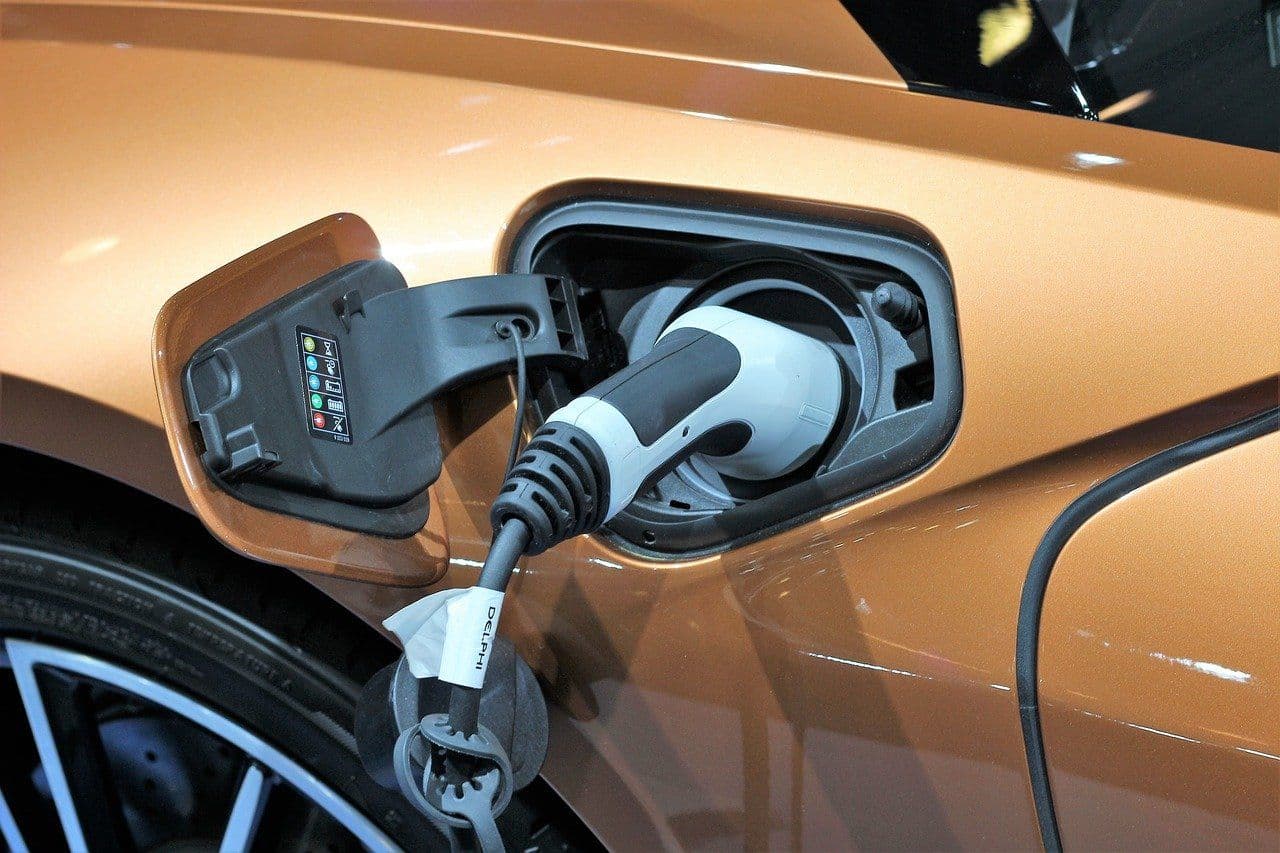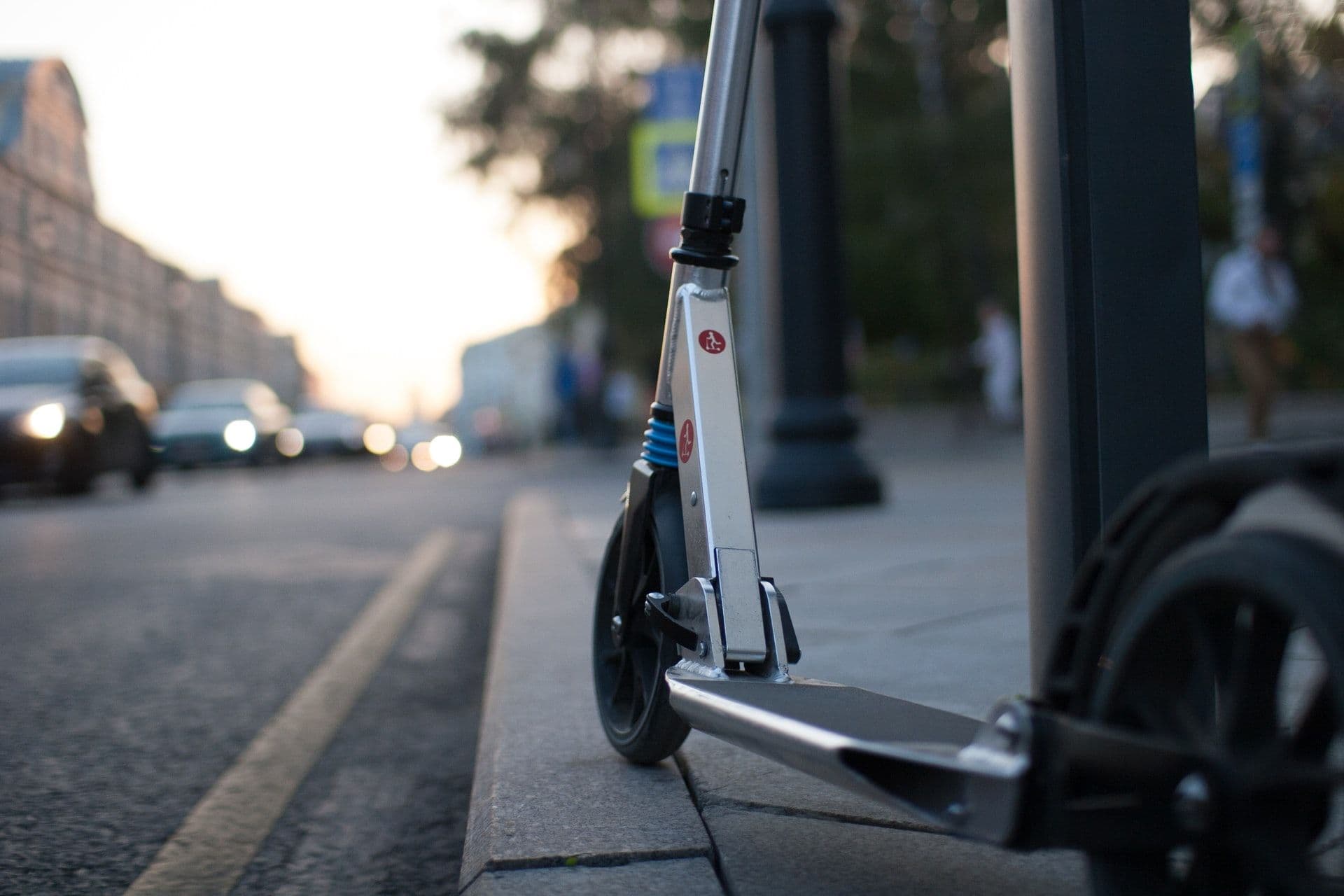Less is more when it comes to competing with Chinese cars
A strong European ambition, essential for the climate
Last February, the European Parliament ended up voting in favor of banning the sale of new combustion engine vehicles by 2035, as part of the EU's goal of carbon neutrality by 2050. Manufacturers have already taken the plunge by announcing sales targets for electric vehicles in this direction: Stellantis, Renault, Ford, Volvo, Jaguar are already aiming for 100% electric cars sold by 2030. Others such as Audi, Volkswagen and Hyundai are aiming for the same goal by 2035[1].
Why such a rapid transition? Because electrification is a very significant lever for decarbonization: over its entire life cycle, an electric car powered by low to medium carbon intensive electricity emits two to three times less GHG emissions than a gasoline-powered car.
However, as sixty-six French senators have pointed out, “the electrification of vehicles means a considerable simplification of their manufacturing, from 600 to only 50 parts around a key component, the battery, for which China is 10 years ahead”[2]. While the engine accounted for most of the value added in combustion engine cars, and its further development remained the prerogative of European manufacturers, for an electric car, the battery is now the most strategic element. China - the world market leader - has introduced electric car technology as a top-priority scientific research project in its five-year plan, and, very early on, offered generous government subsidies, tax breaks, supply contracts and other incentives[3]. As a result, China has become a major player with 4% of electric car sales in France today[4], thanks in particular to very competitive prices. Accordingly, the ban on the sale of combustion engine cars could reinforce this trend... and lead to the disappearance of a historical French and European industry to the benefit of its Chinese counterpart.
A need to bring electric cars into the mainstream
To develop their electric cars, European carmakers have so far targeted the most well-off customers, who can afford the higher production costs of EVs compared with combustion engines, and have also maximized their margins by offering mainly mid-range to high-end models, sedans and SUVs[5]. However, this strategy seems to reach its limits: by targeting only a minority of households[6], it neglects the rest of the population, to the benefit of Chinese manufacturers who offer overall cheaper and more "mainstream" models[7]. Another challenge is to overcome the image of electric cars as rich people cars in the collective imagination, which creates social resentment (known as electro-bashing) and ultimately hinders the spread of electro-mobility. It is therefore time for French and even European carmakers to broaden their target market with less expensive, entry-level electric cars (compacts, city cars, or even smaller cars), even if this means reducing their margins.
As the cost of batteries represents about 40% of the purchase price of an electric vehicle[8], targeting these lighter EV models should make it possible to reduce the size of the batteries, and therefore their price. Such models would also (i) be more in line with our climate objectives - they consume less energy and their more accessible prices would allow them to be democratized more quickly, and thus to succeed in the challenge of a rapid transition -, and (ii) avoid the overexploitation of mining resources with numerous harmful environmental consequences, including a high carbon footprint. At the same time, it will be necessary to continue explaining to drivers that the reduced autonomy compared to combustion cars does not hinder most of their uses, as this is unfortunately still a common source of pushback.
A need for political planning to protect the French automotive industry and its jobs
With all this in mind, in order to preserve its industry and the associated employment, and to break the deadlock, France should adopt a long-term strategic plan, granting special protection to this industry, conceding investments in line with the stakes, and encouraging sufficiency. This plan could, like the measures taken by the Chinese and American governments, (i) encourage the relocation of the automotive value chain by providing substantial aid to manufacturers, and (ii) strengthen the conditions for subsidizing electric vehicles to support the purchase of smaller cars produced in France. To this end, the ecological bonus could include a strict criterion on the country(ies) of manufacture of EVs, and take into account the size and/or weight of the vehicle.
Contact us
Contact us about any question you have about Carbone 4, or for a request for specific assistance.




















